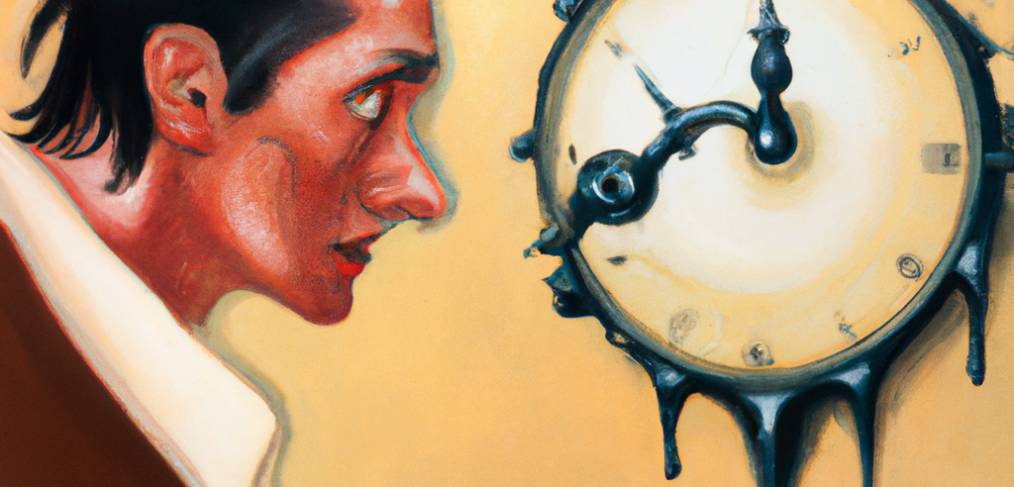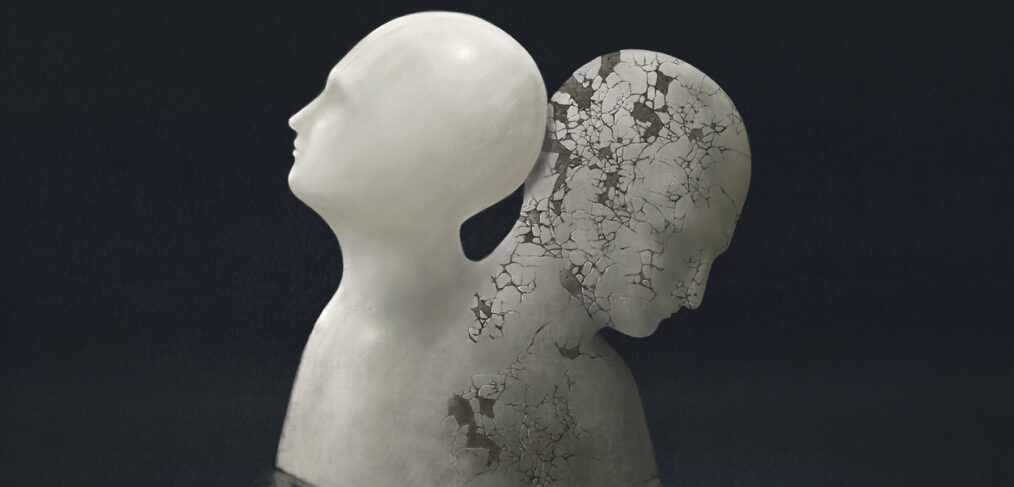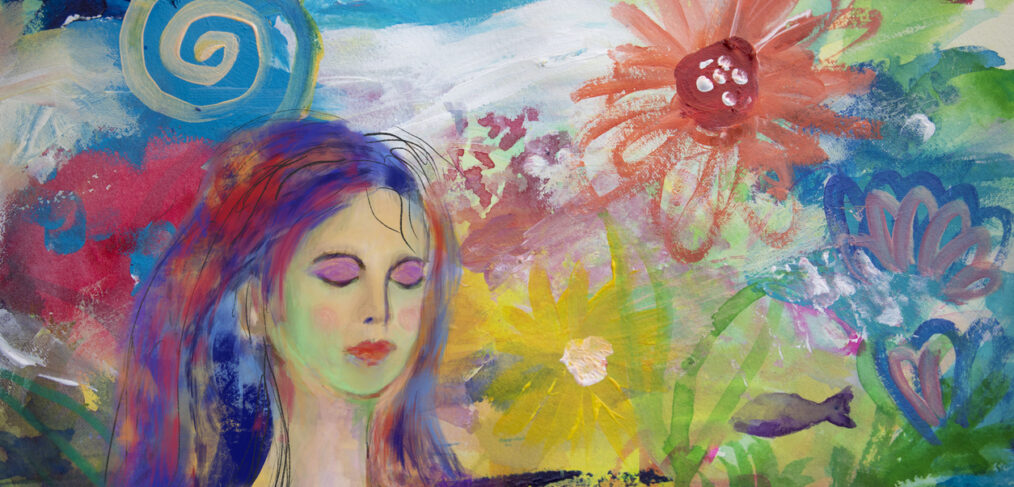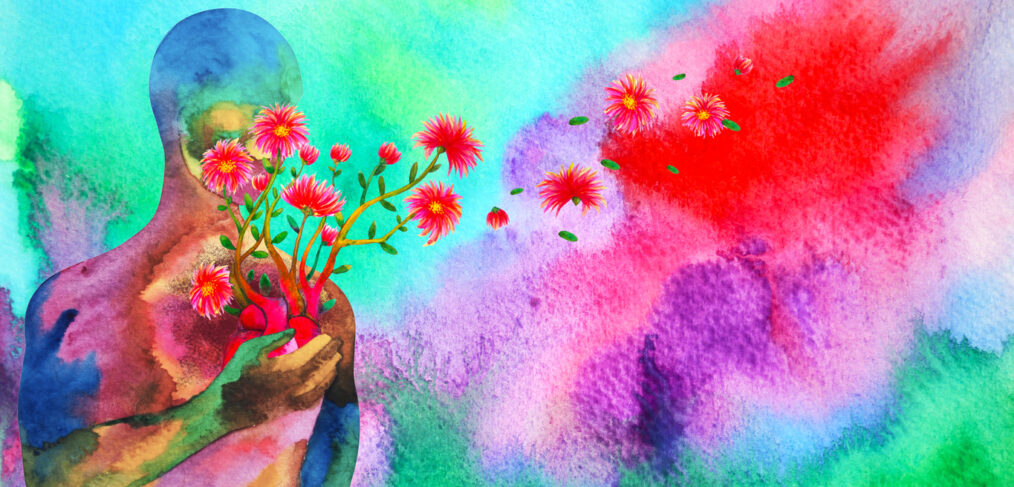I’ve spent most of my life with every moment spoken for. I’ve had to really work to make time for meditation, exercise, and other self-care activities. This was good. I chose that lifestyle, and I wouldn’t have had it any other way. Most of the time I enjoyed being in the fray—I like the feeling of being part of something and working hard with like-minded people toward a shared goal. I like being an active part of my son’s life and spending my evenings and weekends coaching baseball. I enjoy my hobbies, thinking and writing about leading a meaningful life, playing music, reading, and wood sculpting, but all these together left no room for downtime.
Again, this was a choice (and one that I would make again), but I never expected or wanted it to last forever. I always envisioned a time when I would have more time—to reflect, to get more serious about my physical fitness and grace, to build a more solid awareness of the universe and my place in it, and to explore new challenges. This involved a significant change in the way I perceive time. Because time is something I’ve never had enough of, I’ve always treated it as a scarce commodity—something I have to be careful with. So, whenever I did something that took significant time, such as reflection or meditation, I used to get antsy—like I was wasting my time. It’s important to develop an awareness of how we perceive time so that our relationship with time is appropriate for our lifestyle and our experiences.





